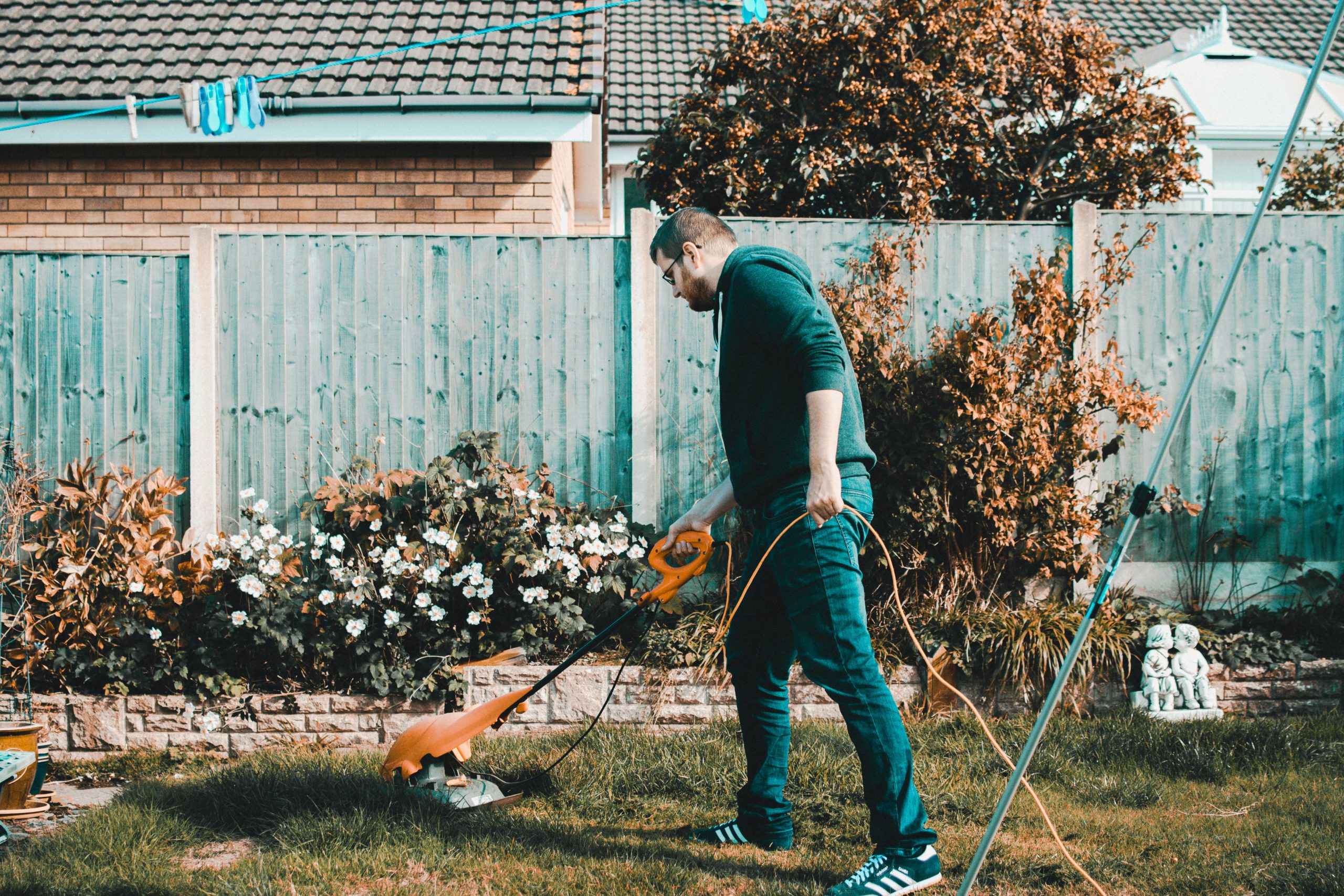Whether you’re a landlord or a renter, it’s important to understand your obligations for lawn maintenance on a rental property. During the lease signing, the landlord and tenant should go over these terms to make sure both parties agree. Addressing this issue upfront can help avoid awkward situations later.
Who Is Responsible for Lawn Maintenance on a Rental Property?
In legal terms, the tenant is rarely held responsible for taking care of the lawn on the property that they rent. In the majority of cities, this responsibility solely belongs to the landlord. As the property owner, the landlord will be the one to face the consequences, such as fines, for lawns that have become overgrown.
Even though the landlord or property owner is responsible for taking care of the lawn, they can pass that responsibility onto the tenants. If one tenant has sole use of the property, the landlord can compel the tenant to care for the lawn. The lease agreement will have to explicitly assign lawn care to the tenant in this situation.
If multiple tenants all use the outdoor property, the landlord cannot pass the responsibility for lawn care onto a single tenant. In that situation, the landlord maintains responsibility for cutting the grass. Even if the landlord hires landscapers, it will be their responsibility to pay for those lawn care services.

What Terms Should Be Included in the Lease?
When the landlord wants to assign lawn maintenance to the tenant, this must be clearly stated in the lease. It’s not enough to simply state that the tenant is responsible for lawn care. The lease must describe what specific responsibilities are assigned to the tenant. It’s better to be too detailed than too vague.
For example, the lease should outline when the tenant should mow the lawn. If the landlord expects the tenant to lay down fertilizer, details about completing this task should also be provided.
The lease should describe when the lawn should be watered as well. Any landscaping tasks that the tenant is expected to perform should be included in the lease.
It’s up to the tenant to understand these responsibilities before signing the lease. This is why it’s essential to fully read the lease before signing it. If a tenant fails to read the full terms of the lease, they may feel surprised or overwhelmed by the tasks they’re expected to perform.
Consider Minimal Drought Resistant Landscaping
As the property owner, you can sidestep this issue by installing drought-resistant landscaping. This may involve something different depending on the climate in which your property is located. Essentially, it involves adding landscaping that won’t grow or dry out as the warmer temperatures arrive.
The use of drought-resistant landscaping can also mitigate the need for lawn maintenance. You can have artificial grass, beds of stones, and other types of landscaping installed inexpensively and in a short time. Talk to a professional landscaper to discover more options.
What to Do When a Tenant Isn’t Maintaining the Landscaping
When you have the terms for lawn maintenance clearly outlined in the lease, there will be several options for you when a tenant isn’t meeting this responsibility.
First, talk to your tenant to find out why they’re not keeping up with lawn care. If it’s a matter of availability, they may prefer to pay a little extra in rent in exchange for hiring professional landscapers.
If the tenant doesn’t agree to hire landscapers and still doesn’t meet their lawn care obligations, you may have to take harsher action. If penalties were outlined in the lease, you could apply those penalties. This might include charging the tenant a fine or revoking their use of the patio or yard.
You may have grounds to evict the tenant for continued or repeated failures to maintain the lawn. This should be reserved as a last resort, but it is an option for lease violations.
It will be up to the landlord to decide who takes responsibility for lawn maintenance. If the landlord already uses landscapers, it may remain this way. In other situations, a tenant who has sole use of the property could be responsible for caring for it.
The landlord will have to determine the best lawn care solution and ensure their tenants are aware of those terms.










